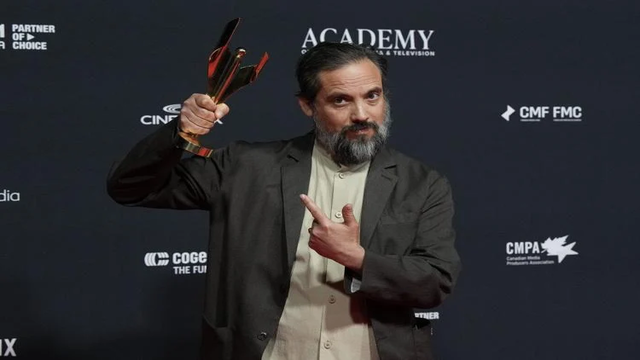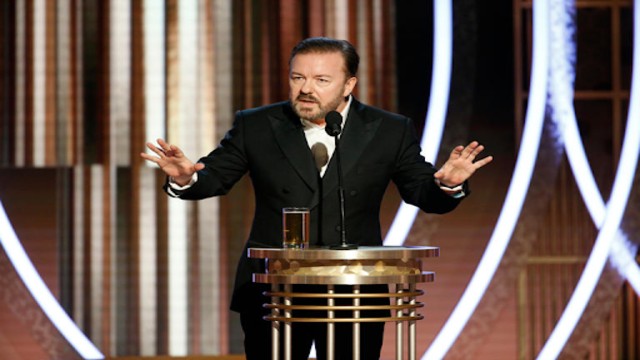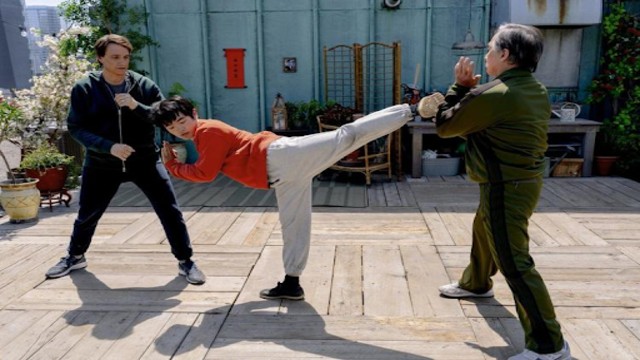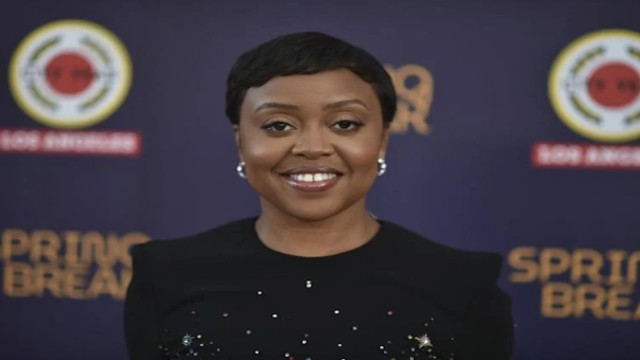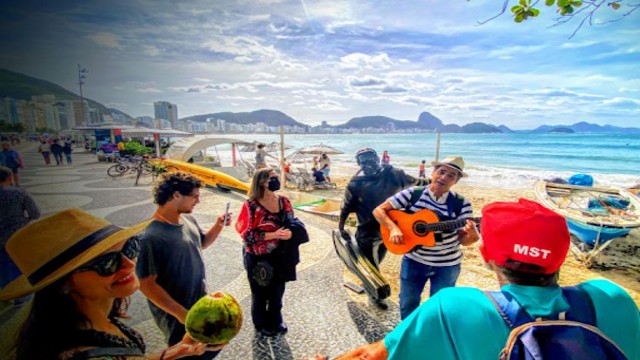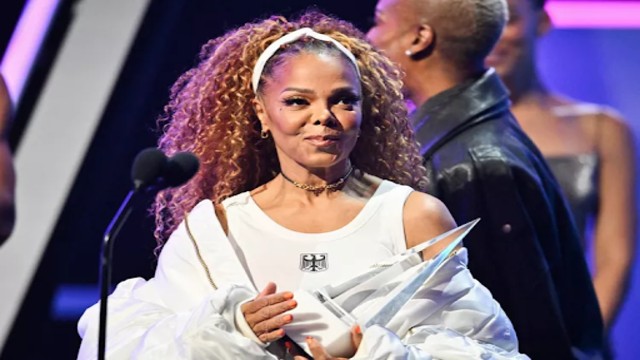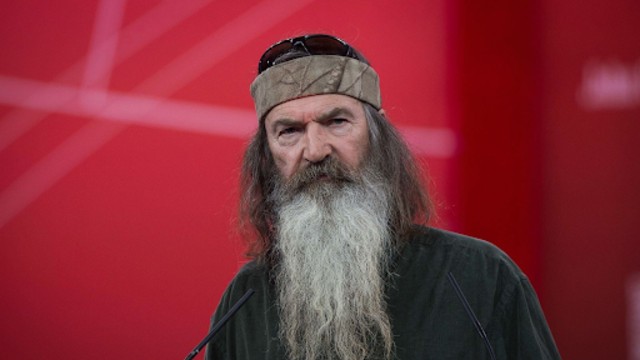
Mariah Carey attends the third annual Recording Academy Honors by The Black Music Collective in Los Angeles on February 1, 2024.
In a significant legal battle shaking the music industry, major record labels have launched lawsuits against AI-powered music generators Suno and Udio, alleging widespread copyright infringement. This groundbreaking move, led by giants like Sony Music Entertainment, Universal Music Group, and Warner Records, targets the AI startups for allegedly exploiting the musical legacies of iconic artists ranging from Chuck Berry to Mariah Carey.
The Recording Industry Association of America (RIAA) officially announced these lawsuits, filed in federal courts in Boston and New York. The legal action seeks to protect the intellectual property rights of artists whose work has shaped modern music culture. These cases mark a pivotal moment in the ongoing debate over how artificial intelligence intersects with artistic creation and ownership.
Suno AI, based in Cambridge, Massachusetts, and the developer of Udio AI, Uncharted Labs, have been accused of using sophisticated algorithms to recreate copyrighted music without authorization. This practice, according to the RIAA, undermines the economic rights of artists and erodes the integrity of creative expression.
CEO Mikey Shulman of Suno AI defended the technology, asserting that their platform is designed to produce entirely new compositions and does not replicate existing content. However, critics argue that these AI systems fail to adequately distinguish between original creation and unauthorized reproduction, raising profound ethical and legal concerns.
The legal dispute has ignited a broader conversation within the music industry about the ethical implications of AI technologies. While some celebrate AI's potential to revolutionize music production and creativity, others warn of its potential to devalue and exploit the artistic works it imitates.
In response to mounting concerns, Tennessee recently enacted pioneering legislation aimed at safeguarding the rights of songwriters, performers, and other music professionals against the risks posed by AI. The state's proactive approach reflects growing legislative efforts nationwide to ensure that technological advancements do not undermine the rights and livelihoods of human creators.
Furthermore, over 200 artists have joined forces through the Artist Rights Alliance, a nonprofit advocacy group, to demand greater accountability from AI tech companies and platforms. In an open letter, these artists called for ethical standards that prevent AI from infringing upon and devaluing human creativity.
The outcome of these lawsuits could have far-reaching implications for the future of AI in music and intellectual property law. As stakeholders await the legal proceedings, the music industry faces a critical juncture in balancing innovation with ethical responsibility, ensuring that technological advancements benefit artists and creators alike.



